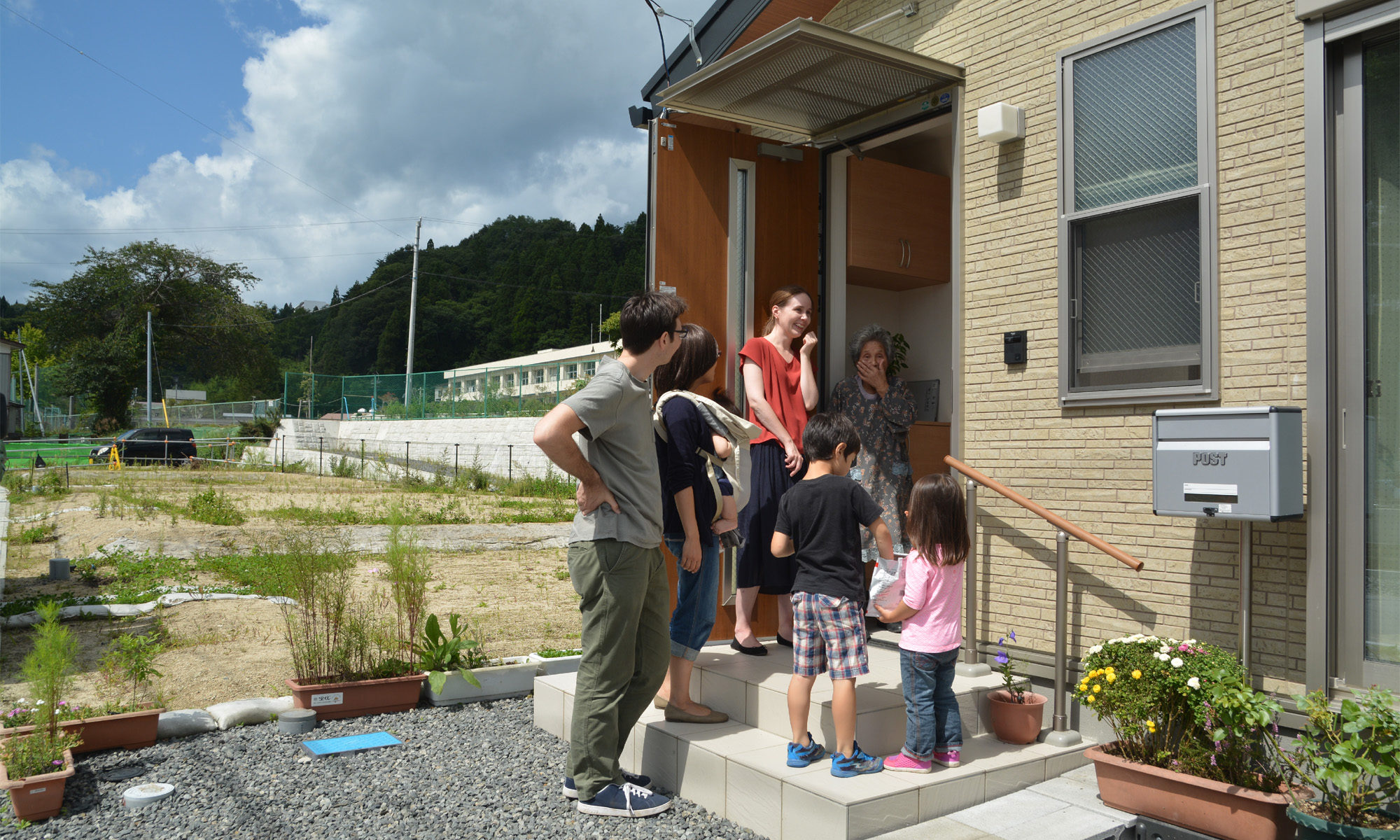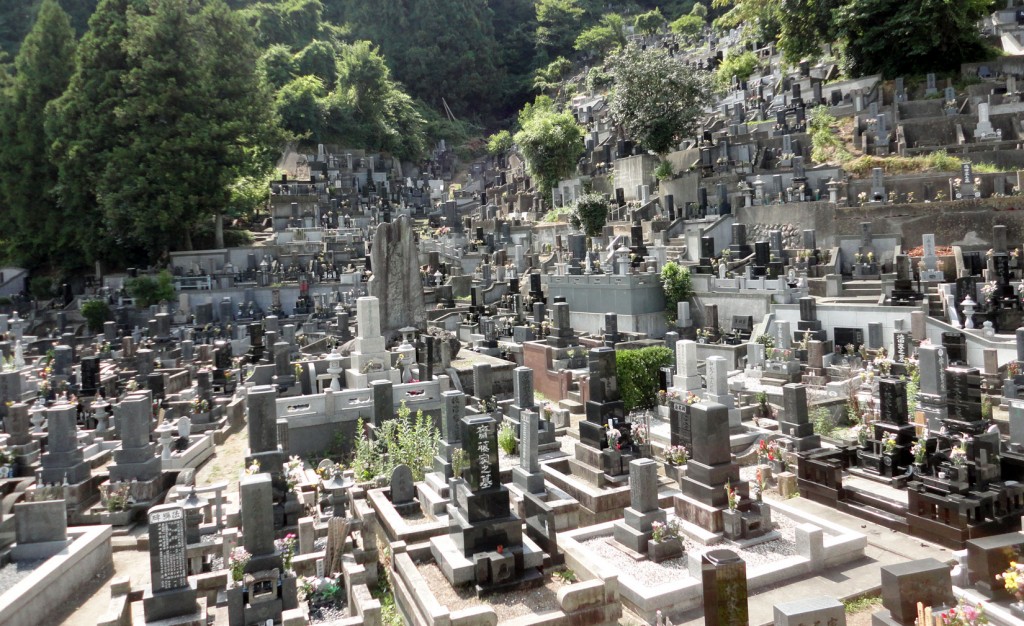This is going to be a difficult trip to process. We have seen the remains of so much devastation, now a year overgrown with weeds and grass. We have seen where the people who lost their homes and family members a year and a half ago are still living in temporary housing units, essentially homeless with little idea how to rebuild their lives. We’ve seen Christians coming from Hong Kong, Texas, Canada, and all over Japan to continue to minister to these people, trying to share their burdens and brighten their days. We’ve seen glimpses of what lies ahead, plans and visions of what is in store for us, for this region, for Japan, and for the Church. In this moment, the most we can do is pray. Before we left, we made a list of goals we had for this trip, questions we needed to have answered so that we could proceed in the direction God desires us to go. In this update, and the following two updates, I’d like to share how God has been giving us these answers.
1. Evaluate the current need for full time missionaries in Tohoku, by speaking with missionaries and Pastors serving in the area. After talking with a number of Pastors and missionaries serving in this region, and seeing the ministries that are happening first hand, we’ve learned that the current needs are immense. Furthermore, these needs are both immediate and ongoing. Many missionaries and missions have only short term plans, and will be leaving within the year. However Japanese Pastors have a long term vision for ongoing ministry, however overseas donations have largely dried up, and they are having difficulty hiring staff to continue the work. In the near future there will be a great need for supported missionaries to come and serve alongside them. There is a transition that is nearing completion right now.
During the first year or so after the disaster, Christians focused on meeting the physical needs of the people; delivering food and supplies, clearing out debris from flooded homes and business, and rebuilding. That work is largely done, and now Christians are focusing on meeting the emotional needs of the survivors. They are organizing teams to go in and visit the temporary housing areas to talk with people, set up “mobile cafe’s,” run children’s programs and try to bring some measure of hope and joy into people’s lives. As relationships are being built, many people are being drawn to learn more about these Christians, and the God they serve. At this point many Christian groups are refraining from being openly evangelistic in their programs, for fear of making people feel exploited. Instead they are drawing people out through relationships, letting them ask questions and in response, gently sharing the hope that they have in Christ. There is a sense that at some point in the future, perhaps in a year or two, a new ministry focus will emerge, as new believers need to be discipled, and Lord willing churches will be planted. It is this third phase of ministry that we feel God is equipping us to participate in. However in order to do so, I will need to have a very good grasp of the Japanese language by the time this phase starts.
2. Checkout language schools and housing in the area. We have only found one language school in the area. It is located two hours inland from the coastal cities which we hope to minister in. That is perhaps less than ideal, or perhaps it is exactly what God wants. Over and over again I have heard from both missionaries and Japanese Christians, how essential Japanese language ability is to long term ministry here. I have also heard numerous stories of missionaries who have struggled greatly in learning the language, often in large part because they are so eager to begin serving that they neglect language learning. So, perhaps having a little distance between where I will be learning Japanese and where we will be serving long term could be beneficial. Numerous Japanese pastors and missionaries have encouraged me to stay focused on the language learning until I have a firm grasp on it.
The good news is that the Language school looks like it will be an extremely good fit, and there are two churches in the city that are actively involved in coastal ministry, and whose pastors we met and have already begun to develop a friendship with. Two hours is still close enough to be able to reach the coast on weekends, and to be able to keep an eye on the ministry needs and opportunities that develop. Housing is also much easier to find inland, as there is obviously, still thousands of people who are living in temporary housing, many of whom are waiting for a permanent place to live to be built or to become available. Most coastal cities have long waiting lists for housing, however inland housing is cheap and easily found. Language learning is a slow process, and every person seems to learn at a different pace. However 1.5 – 2 years of dedicated language study seems to be a sort of minimum that is needed. This further increases the urgency of getting to Japan soon, as it will likely be 2 years AFTER our arrival that we’ll be ready to engage in full time ministry. It is interesting, and I believe another sign of God’s hand in this, that if we can get to Japan within the next six months, I will likely finish the language learning portion of our ministry right around the time that Pastors here for see an increased need for discipleship and church planting.
3. Determine how much monthly support we would need to serve effectively in the region. We’re still working this one out, but we’re getting a pretty good sense of cost out here. Most things are much more expensive than in the states. Groceries, gasoline, car insurance, and electricity are all roughly double what they are in the US. Also, this area has an average winter temperature below freezing, and we’re told that heating costs during the cold months can easily exceed $300 per month. Taxes are also significantly higher here. About the only thing that is cheaper here than in California is housing. $700 a month can get you a nice little three bedroom apartment (although the square footage would be comparable to that of a one bedroom in California). We’re still working out a budget, but we feel that, if we had the freedom to set our own support requirements, we could make a permanent long term move here with around $6,000 – $6,500 a month in financial giving. Please continue to pray for God’s direction. We feel that so far this trip has been extremely fruitful, we have a much clearer picture of the ministry needs and trajectory than we did before, and are more excited than ever to see God begin to maneuver us into the place He has for us.

